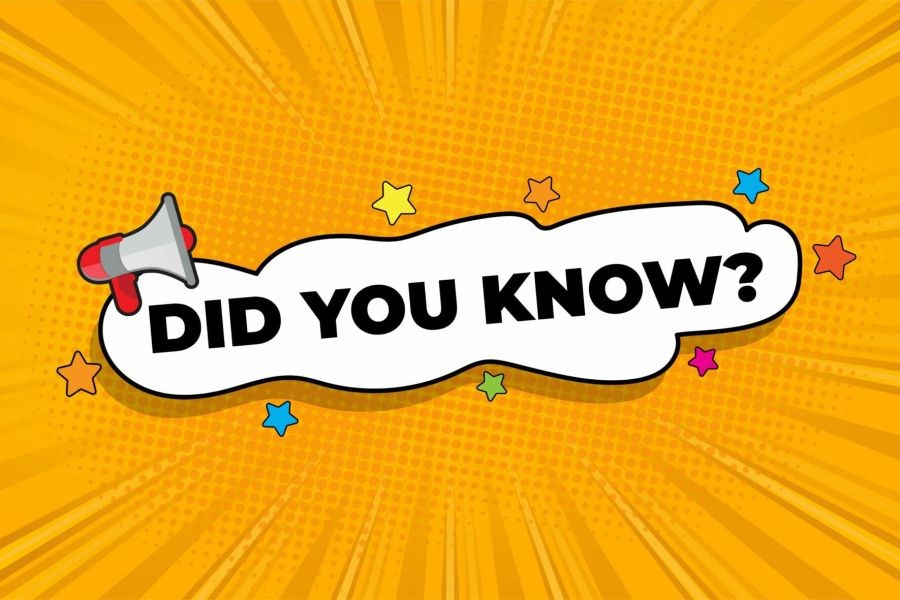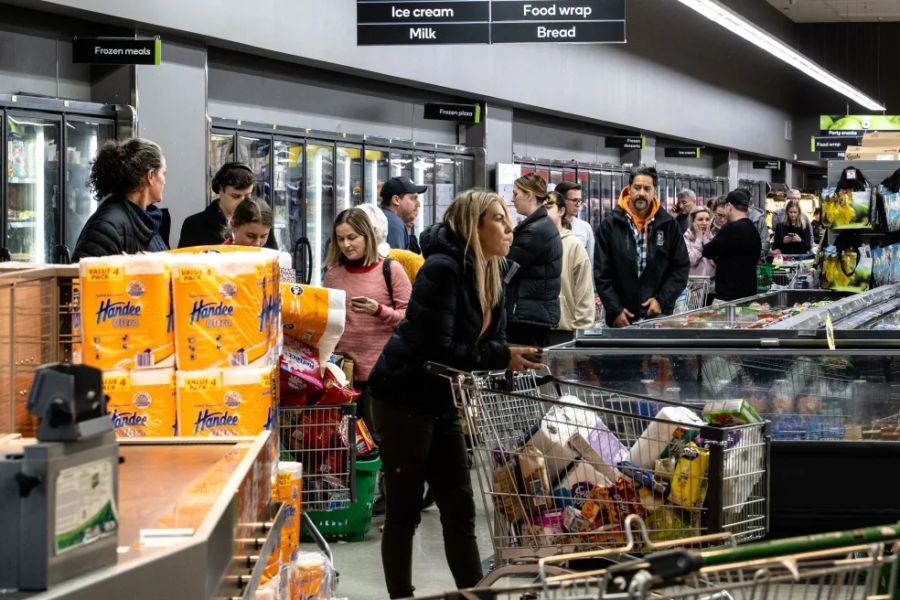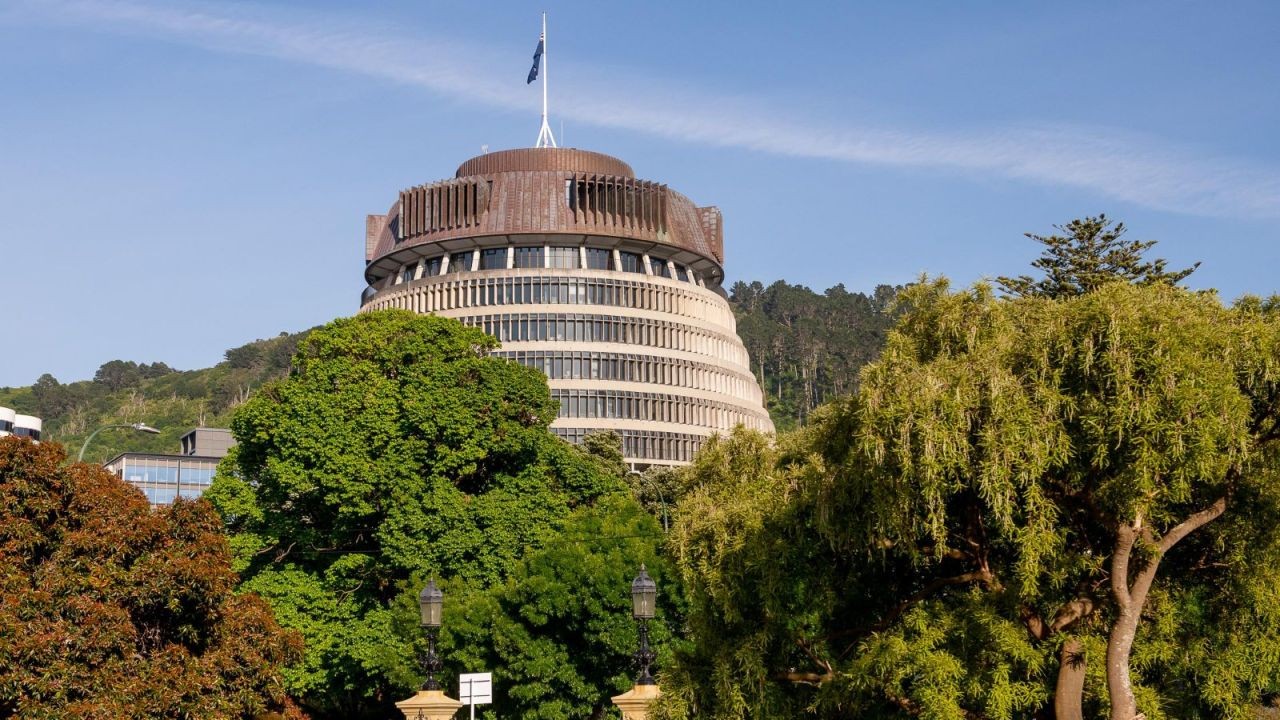Australia's startup ecosystem is both thriving and enigmatic. While many are aware of the surface-level successes of companies like Canva and Atlassian, there are countless lesser-known facets of the Australian startup landscape that venture capitalists should be aware of. As the global economy fluctuates, understanding these unique aspects is crucial for making informed investment decisions. Let’s delve into ten surprising facts about startups in Australia that you might not have known.
1. Australia’s Startup Growth Outpaces Global Averages
According to the Australian Bureau of Statistics (ABS), the number of startups in Australia has been increasing at a rate of 5% annually, outpacing the global average of 3.5%. This growth can be attributed to a supportive ecosystem, which includes resources like Startmate, Blackbird Ventures, and the Sydney Startup Hub.
2. High Female Entrepreneurship Rate
Australia boasts one of the highest rates of female entrepreneurship globally. A report from the Global Entrepreneurship Monitor indicates that women in Australia are 20% more likely to start a business compared to their counterparts in the UK and US. This trend is supported by initiatives like SheStarts, which provides mentorship and funding to female founders.
3. Government Support Fuels Innovation
The Australian government provides substantial support to startups through various grants and incentives. The R&D Tax Incentive, managed by the Australian Taxation Office (ATO), offers a refundable tax offset for eligible R&D activities, encouraging innovation and reducing financial risk for startups.
4. A Thriving Fintech Scene
Australia's fintech sector is booming, with over 800 fintech companies recorded as of 2023. The Australian FinTech Census 2023 highlights that the sector has grown by 200% since 2018, driven by a strong regulatory framework and a tech-savvy population.
5. Regional Startups are Gaining Traction
While Sydney and Melbourne are well-known startup hubs, regional areas are emerging as fertile grounds for startups. The Regional Startups Insights Report 2023 notes a 30% increase in startup activity in areas like Queensland and Western Australia, thanks to improved digital infrastructure and local government initiatives.
Case Study: AgriDigital – Leading Blockchain in Agriculture
Problem: AgriDigital, based in New South Wales, faced challenges with transparency and efficiency in grain trading.
Action: They implemented a blockchain-based platform to streamline transactions, ensuring real-time data access and reducing fraud risks.
Result: Within two years, transaction accuracy improved by 40%, and processing times were cut by 50%.
Takeaway: Integrating blockchain technology can significantly enhance transparency and efficiency in traditional industries.
6. A Strong Focus on Sustainability
Australian startups are increasingly focusing on sustainability. According to CSIRO, by 2030, 50% of startups will incorporate sustainability into their core business models. This trend is driven by consumer demand and government policies aimed at achieving net-zero emissions by 2050.
7. High Failure Rate Despite Support
Despite the strong support system, approximately 60% of Australian startups fail within the first three years, primarily due to cash flow issues and market misalignment. Venture capitalists should focus on startups with robust financial planning and market adaptability to mitigate these risks.
8. Global Expansion as a Priority
Many Australian startups prioritize global expansion earlier than their international counterparts. A study by Austrade found that 70% of Australian startups plan to enter international markets within their first two years, leveraging Australia's strategic location and trade agreements.
9. Diverse Industry Representation
Unlike many startup ecosystems that are tech-heavy, Australia's startups are diverse, spanning industries from agriculture to healthcare. This diversification provides venture capitalists with a broad range of investment opportunities, reducing sector-specific risks.
10. Increasing Corporate venture capital Involvement
Corporate venture capital (CVC) is playing an increasingly significant role in Australia's startup ecosystem. Companies like Telstra Ventures and Qantas have been actively investing in startups, providing not only capital but also strategic partnerships and market access.
Case Study: Canva – From Startup to Global Leader
Problem: Canva, founded in Sydney, initially struggled with user acquisition in a saturated design market.
Action: They focused on a freemium model and leveraged social media for organic growth, along with strategic partnerships with tech giants like Google.
Result: Canva has grown to over 60 million monthly active users and a valuation of $15 billion as of 2023.
Takeaway: A strong focus on user acquisition strategies and strategic partnerships can propel startups to global success.
Common Myths About Australian Startups
- Myth: Most successful startups are based in Sydney or Melbourne.
- Reality: Regional areas are becoming hotspots for startup activity, with a 30% increase in regional startups recorded in 2023.
- Myth: Australian startups are predominantly tech-focused.
- Reality: Startups in Australia span diverse industries, including agriculture, healthcare, and fintech.
Biggest Mistakes to Avoid
- Ignoring financial planning: A 2023 report by ASIC found that 60% of startups fail due to poor financial management. Solution: Use financial planning tools like Xero to manage cash flow effectively.
- Lack of market research: Ensure thorough market research using platforms like IBISWorld to understand industry trends and consumer needs.
Future Trends & Predictions
By 2028, the Australian startup ecosystem will likely see a significant increase in AI-driven solutions, particularly in fintech and healthtech. As businesses continue to adapt to technological advancements, venture capitalists should focus on startups that leverage AI for innovative solutions.
Conclusion
Australia's startup landscape is full of potential and surprises. By understanding these unique facets, venture capitalists can make informed decisions that align with both their financial goals and the evolving market trends. What aspects of the Australian startup ecosystem intrigue you the most? Share your thoughts below!
People Also Ask (FAQ)
- How does Australia's startup growth compare globally? Australia's startup growth rate of 5% annually outpaces the global average of 3.5%, according to the ABS.
- What industries are Australian startups focusing on? Australian startups span diverse industries, including fintech, agriculture, healthcare, and sustainability.
- How do regional startups in Australia perform? Regional startups are gaining traction, with a 30% increase in activity in areas like Queensland and Western Australia.
- What role does the government play in supporting startups? The Australian government supports startups through grants and incentives, such as the R&D Tax Incentive managed by the ATO.
- What are the biggest challenges facing Australian startups? Common challenges include cash flow issues and market misalignment, leading to a 60% failure rate within three years.
Related Search Queries
- Australian startup ecosystem 2023
- Top startups in Australia
- Female entrepreneurship in Australia
- Sustainability in Australian startups
- Government grants for startups Australia
- Regional startups in Australia
- Fintech growth in Australia
- Challenges facing Australian startups
- Corporate venture capital Australia
- Global expansion strategies for Australian startups
































RebbecaMos
3 months ago